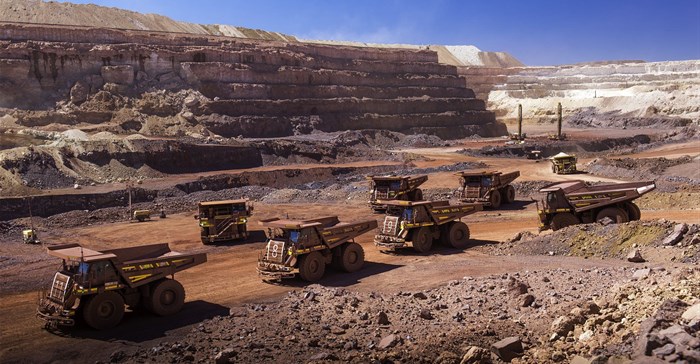Despite a 2% drop in iron ore production to 40.4Mt, primarily due to lower production at Sishen, and a 4% decrease in sales volumes to 39.7Mt, the company maintained a high-quality product mix. The average iron content was 63.7%, and the lump ratio was 66%.
Stockpiles of iron ore stood at 7.1Mt in December as South Africa’s rail crisis created have led to a reduction in the company’s production guidance for the 2024-2026 period by 12% on average to between 35-37 million tonnes per annum (Mtpa). Yet, the company has retained the flexibility to ramp up production should logistics performance improve, demonstrating a pragmatic approach to these hurdles.
The company is now has implementing a refreshed strategy focusing on “operational excellence, growth and innovation, and sustainability and social value:”. And has also reconfigured its business to accommodate the anticipated lowered production – in line with prevailing logistics capacity.
CEO Mpumi Zikalala said during the earnings conference call that the proposed job cuts (490), combined with ongoing restructuring at head office from last year would affect 10% of the company's workforce.
Sustainability wins
The company achieved a record-low total recordable incident frequency rate of 0.98 and reduced its scope 1 and 2 greenhouse gas emissions by 10%.
Cost cuts created R71.1bn of shared value for its stakeholders, including R14.9bn of attributable free cash flow, R11.8bn of taxes and royalties, and R2.5bn of social investment.
Kumba’s strategy of optimising its mines and reconfiguring its business to produce iron ore at a lower cost has placed it in a position to capitalise on the growing demand for green steel from downstream industries such as car manufacturing and white goods.
This strategic shift, coupled with its robust financial performance and commitment to sustainability, positions it well for future growth.









































